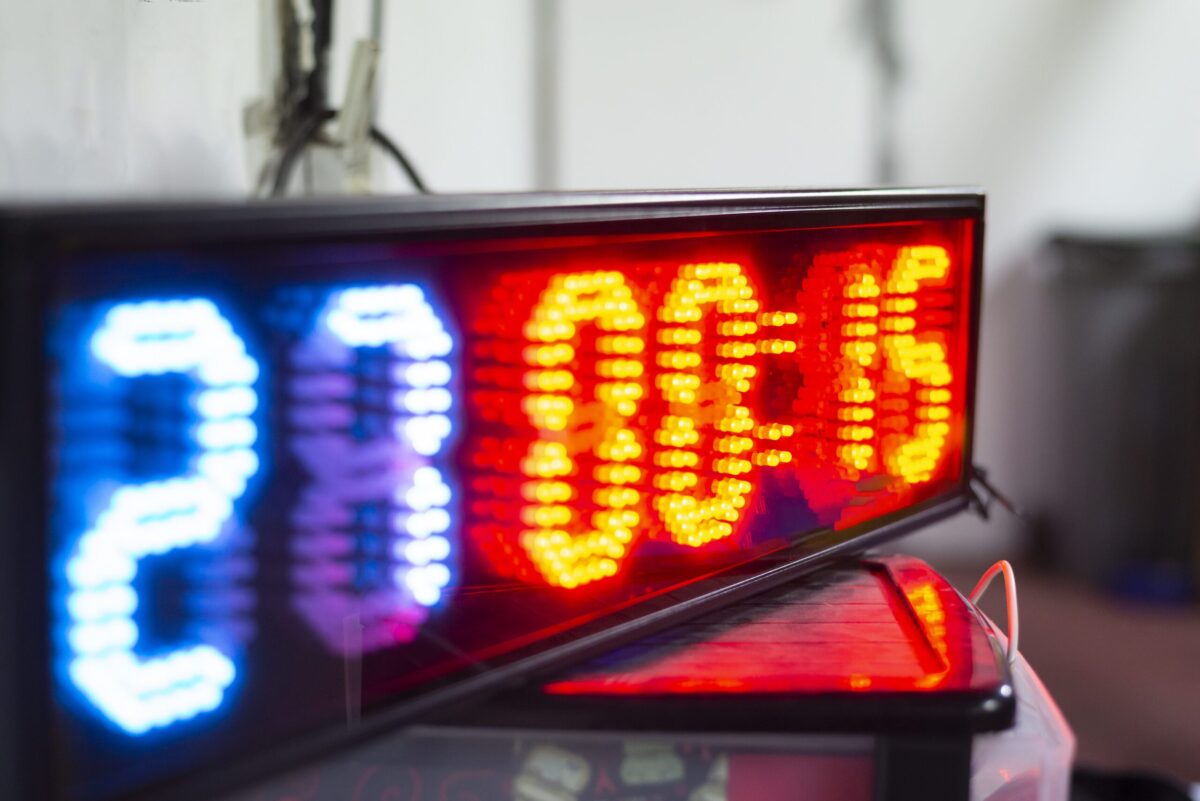Lessons from the DNC: How to Keep Your Events Running On Time

Skift Take
President Joe Biden, billed as the featured speaker of the first night of the Democratic National Convention, was scheduled to speak at 10:30 EST. His start time was delayed by more than an hour, speaking well past midnight for East Coast viewers.
Convention officials said the delay was caused by the “raucous applause interrupting speaker after speaker,” but even the first speaker started nearly 90 minutes late.
In response, the DNC moved up some of its programming during the rest of the convention.
How to Keep Your Events on Time
Rachel Andrews, senior director of meetings and events for Cvent, has first-hand experience managing productions with multiple speakers and entertainers.
“Running a huge production like this with multiple entertainment types, visual cues, music cues, in-room activations like confetti, and a huge lineup of speakers – there is a lot to manage on the production side keeping a tight ship running. Timing and agility is everything,” said Andrews. “Those producers had their hands full keeping TV audiences captivated and the in-person audience hyped up.”
Andrews and her team have made several adjustments to how they plan and manage their biggest event, Cvent Connect. Some of Andrews’ top tips include:
Buffer Time: Build buffer time between segments to accommodate slight overruns. Be ready with filler content in case you have a lag. Or have a plan B for how to make up the time if a speaker runs over. Shorten other segments in real time or take some time away from a break.
Overages prevention: Encourage speakers to rehearse and time their presentations. They also need to prepare for applause and build this into their speeches.
Regarding the DNC, Andrews said: “I don’t think that the speakers didn’t rehearse, they likely didn’t time manage the external factors of the audience reactions. That would have helped them get a realistic sense of how long their talk track would have taken to adjust accordingly.”
Countdown clocks: “I’m not sure if DNC producers had this, but every speech should have had a visible timer for the speaker so they know how close to time they are.” An in-ear speaker or additional human stage timekeeper in-room using visual cues like colored cards for added time management security are other options.
Speaker Guidelines: Provide speakers with helpful guidelines that include time limits, the importance of punctuality, and tips for delivering concise presentations.
Keeping Track of Time
A detailed agenda should outline all aspects of the gathering, from the opening remarks to the closing statements. Each section is given a specific time slot, with some buffer time built in for unforeseen delays.
Each speaker must agree to keep to their time slots. Have them practice their presentation and videotape it, ensuring it doesn’t run long.
Jennifer D. Collins, CMP, president and CEO of JDC Events, suggests telling speakers they have less time than they actually do. “This can allow for more buffer in transitions and provide space if a speaker should go over their time. It could also help to accommodate any long applause for the speaker,” said Collins.
She also asks for speeches in advance. “Understanding this might not be fitting for high-profile and experienced speakers, but it helps to see the actual length and adjust the program accordingly,” she said.
In addition to a countdown clock like the one Andrews describes, timing lights are also popular. They change color from green to yellow as the session progresses.
If your sessions have a moderator, they should be tasked with keeping on track.
Punctuality Is Different Across the World
In general, it’s important to remember that perceptions of time, and views toward punctuality vary across cultures. Terri Morrison, in her book, “Kiss, Bow and Shake Hands,” shares cultural differences in doing business in key countries. In regard to meetings, Morrison shares:
- In Brazil, expect clients in Rio de Janerio to be a bit late. Be patient. However, a lack of punctuality in São Paulo is far less common.
- In China, punctuality is important.
- In India, depending upon the circumstances, time can be viewed as malleable. Your Indian clients will expect you to be punctual, but they may not be prompt themselves
- In Germany and Japan, if you are not ten minutes early, you are lae.
- In Saudi Arabia, meetings are scheduled around prayer time.





